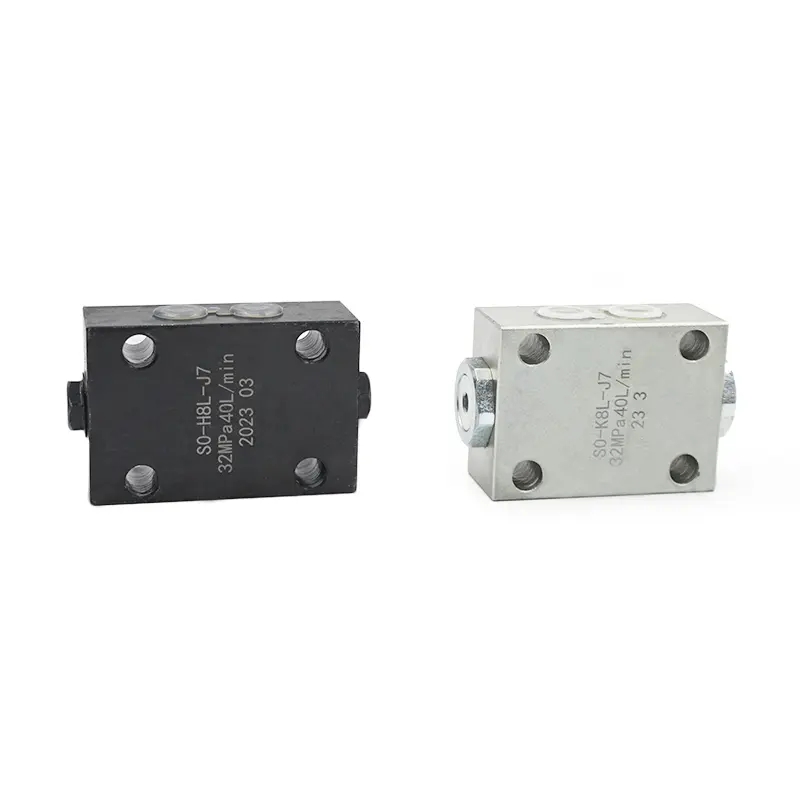
Pilot-Operated Check Valves: A Reliable Solution for a Variety of Applications
2024-01-22Pilot-operated check valves are a type of check valve that uses a pilot valve to control the flow of fluid. The pilot valve is typically located downstream of the check valve and is connected to the upstream side of the check valve by a pilot line.
Advantages of Pilot-Operated Check Valves
Pilot-operated check valves offer a number of advantages over traditional check valves, including:
Increased reliability: Pilot-operated check valves are more reliable than traditional check valves because the pilot valve helps to prevent the check valve from leaking.
Improved safety: Pilot-operated check valves can help to improve safety by preventing backflow of fluid.
Reduced maintenance: Pilot-operated check valves require less maintenance than traditional check valves because the pilot valve helps to reduce wear and tear on the check valve.

Applications for Pilot-Operated Check Valves
Pilot-operated check valves can be used in a variety of applications, including:
Oil and gas: Pilot-operated check valves are used in oil and gas pipelines to prevent backflow of oil or gas.
Chemical processing: Pilot-operated check valves are used in chemical processing plants to prevent backflow of chemicals.
Food and beverage: Pilot-operated check valves are used in food and beverage processing plants to prevent backflow of food or beverage.
Water treatment: Pilot-operated check valves are used in water treatment plants to prevent backflow of contaminated water.
Types of Pilot-Operated Check Valves
There are two main types of pilot-operated check valves:
Direct acting: Direct-acting pilot-operated check valves use a direct connection between the pilot valve and the check valve. This type of valve is typically used for applications where high flow rates or high pressures are required.
Indirect acting: Indirect-acting pilot-operated check valves use a spring to provide a force to close the check valve. This type of valve is typically used for applications where low flow rates or low pressures are required.
New Developments in Pilot-Operated Check Valves
Manufacturers of pilot-operated check valves are constantly developing new and innovative designs to meet the needs of a wide range of applications. Some of the latest developments in this field include:
New materials: Manufacturers are developing new materials for pilot-operated check valves that offer improved corrosion resistance, strength, and durability.
New designs: Manufacturers are developing new designs for pilot-operated check valves that offer improved efficiency, reliability, and ease of use.
New technologies: Manufacturers are developing new technologies for pilot-operated check valves that offer improved performance and safety.
Conclusion
Pilot-operated check valves are a versatile and reliable type of valve that can be used in a variety of applications. These valves offer a number of advantages over traditional check valves, including increased reliability, improved safety, and reduced maintenance. As the demand for these valves continues to grow, manufacturers are developing new and innovative designs to meet the needs of a wide range of applications.




